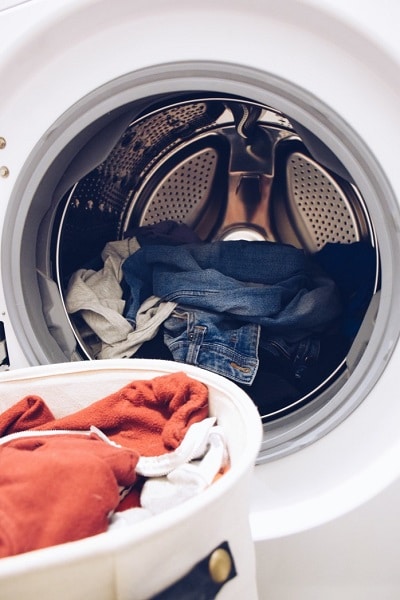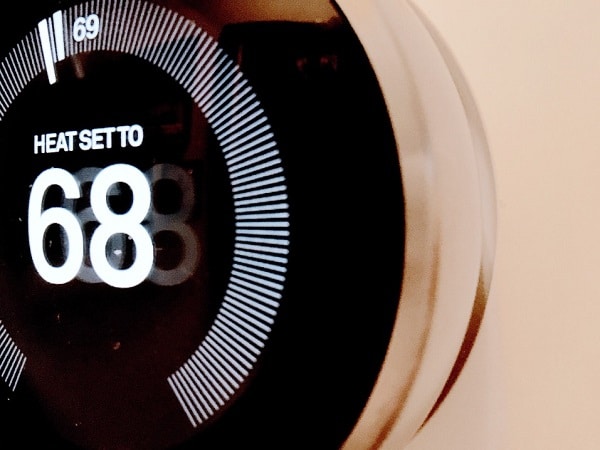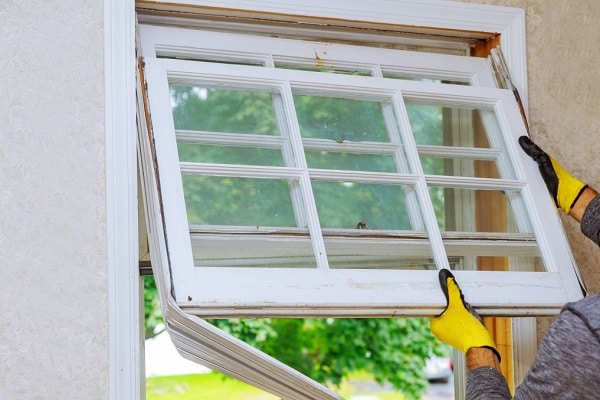With the cost of seemingly everything rising these days, everyone is looking for ways to save a few dollars, whether cutting back on subscription services or eating out a little less than you used to. However, what if there was a way to reduce your monthly bills? While it’s next to impossible to lower the price of your mortgage, there are ways to make your home more energy-efficient, which can make your power bill manageable. Here are some tips on making your home just a little bit more energy efficient!
Contents
Ask For An Energy Audit

If you have read this far, you are interested in either saving money or reducing your carbon footprint, but you may not know where to start to make your home more energy-efficient. One easy way to get started is to ask your utility company for an energy audit. An energy audit involves having a professional assess your home’s energy usage and identify areas where you could be more efficient. Many utility companies offer this service for free or at a reduced cost, so it’s a great way to save money while also doing your part for the environment. Once you know where your home is wasting energy, you can make simple changes that can have a significant impact.
Seal Up Any Air Leaks

There are many ways to make your home more energy-efficient, but one easiest is to seal up any air leaks. Air leakages can occur around doors and windows, electrical outlets, baseboards, and chimneys. Air leaks let in drafts, allowing heated or cool air to escape, resulting in higher energy bills. In addition, sealing up air leaks can help to improve indoor air quality by reducing the amount of pollen, dust, and other allergens that can enter your home. Luckily, there are many inexpensive ways to seal up air leaks, such as weather-stripping and caulking. By taking some time to seal up any air leaks, you can make your home more comfortable and energy-efficient.
Wash Your Clothes In Cold Water

Most people believe that washing their clothes in hot water is the best way to clean them. However, washing your clothes in cold water can be just as effective, and it has the added benefit of being more energy-efficient. When you wash your clothes in hot water, your washing machine uses more energy to heat the water. In contrast, cold water requires very little energy to maintain its temperature. As a result, washing your clothes in cold water can save you significant money on your energy bills. In addition, cold water is gentler on your clothes, helping them last longer. So next time you do your laundry, consider using cold water instead of hot – your wallet and your wardrobe will thank you!
Lower Your Thermostat

One of the best ways to make your home more energy efficient is to lower your thermostat in the winter. By keeping your home at a cooler temperature, you can reduce the energy needed to heat your space. In fact, for every degree that you lower your thermostat, you can save up to 5% on your heating bill. So, if you’re looking to save money and conserve energy this winter, be sure to turn down the heat. Alternatively, the same goes in the summertime – by raising your thermostat just a few degrees.
Change Your Light Bulbs

Making your home more energy-efficient doesn’t have to be complicated or expensive. Sometimes, the simplest changes can make the most significant difference. For example, switching to energy-efficient light bulbs is easy to reduce your energy consumption. LED bulbs use less electricity than traditional incandescent bulbs, and they last longer, too. Therefore, they can help you save money on your energy bills and reduce your environmental impact. So next time you need to change a light bulb, consider switching to an LED. It’s a small change that could make a big difference for your wallet and the planet.
Unplug Anything You Are Not Using

One of the quickest and easiest ways to reduce your energy consumption is to unplug appliances and electronics when you’re not using them. Even “phantom” devices like TV sets and chargers can use significant amounts of electricity if left plugged in, so it pays to unplug them when they’re not in use. You can also save energy by using power strips for your electronics, making it easy to switch off multiple devices simultaneously. By taking these simple steps, you can make a big difference in the amount of energy your home consumes.
Replace Old Windows

Replacing old, inefficient windows is one of the best ways to improve your home’s energy efficiency. Single-pane windows are prone to letting heat escape in winter and cool air enter in summer, driving up your energy costs. By contrast, double or triple-paned windows provide an excellent barrier against temperature changes, helping to keep your home comfortable year-round. In addition, low-emissivity (low-E) coatings can further improve a window’s energy efficiency by reflecting heat into the room. Replacing old windows is a significant investment, but it will pay off in lower energy bills and more comfortable home.
Conclusion
Making your home more energy-efficient doesn’t have to be complicated. By taking some simple steps, you can save money on your energy bills and help to conserve resources. So next time you’re looking for ways to reduce your power bill, remember these easy tips for making your home more energy-efficient. They can help you find more ways to improve the efficiency of your home and lower your power consumption. If you have any questions, speak with your energy provider or an energy-efficiency specialist.



